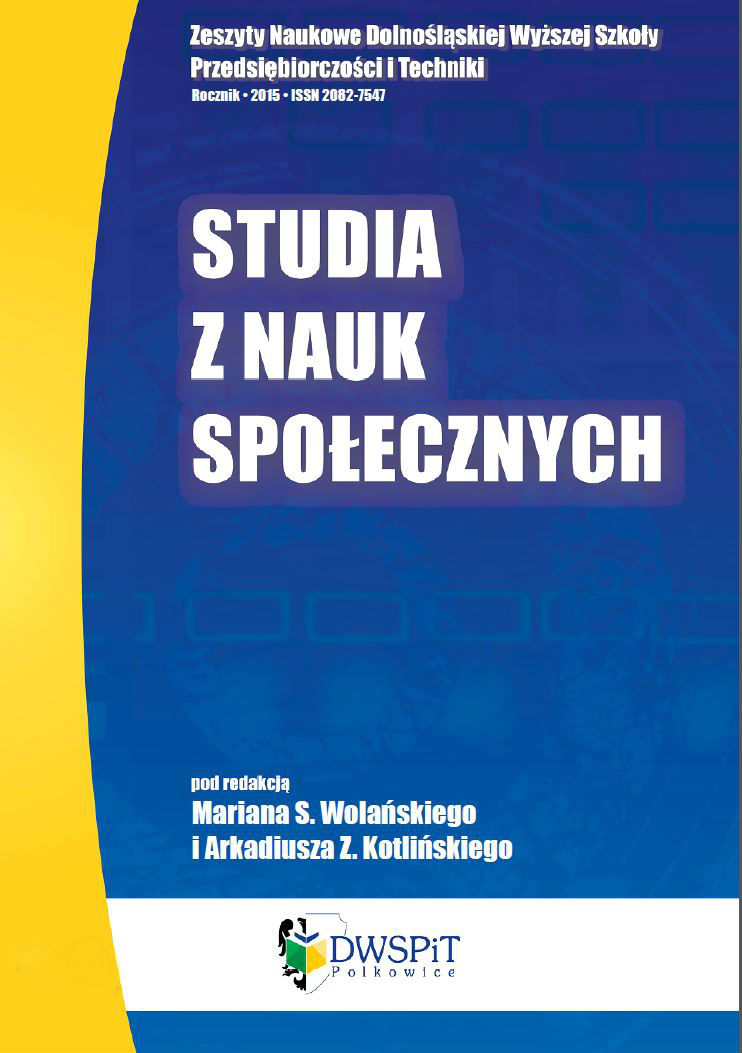Polska myśl polityczna wobec „kwestii ukraińskiej” w okresie międzywojennym. Zarys problematyki
Polish Political Thought on the „Ukrainian Question” during the Inter-War Period: an Outline
Author(s): Maciej MarszałSubject(s): Political Theory, Interwar Period (1920 - 1939), Ethnic Minorities Studies
Published by: Wydawnictwo Uczelni Jana Wyżykowskiego
Summary/Abstract: In particular, the “Ukrainian question” was a complicated matter which had a very complex political, social, cultural and religious character. The attitude of Polish political elites towards the most numerous national minority of the period (encompassing 15–15 % of general population and living in 37.8 % of Southwestern territories of the state, including Volyn, Podolia, Lower Carpathia, the Eastern Carpathians and Chelm and Podlasie dictricts) determined Polish Eastern policy. Polish political and legal thought during the inter-war period did not however work out an uniform approach to the “Ukrainian question”. Among many views and opinions four main concepts, promulgated by politicians and journalists, can be distinguished which held a decisive influence over the resolution of the “Ukrainian question”. Chief among them was a Federalist and Promethean proposition which called for a renaissance of Jagiellonian thought. Joseph Pilsudski (and his political circle) was a main architect of this approach.
- Issue Year: 2012
- Issue No: 5
- Page Range: 77-87
- Page Count: 11
- Language: Polish

